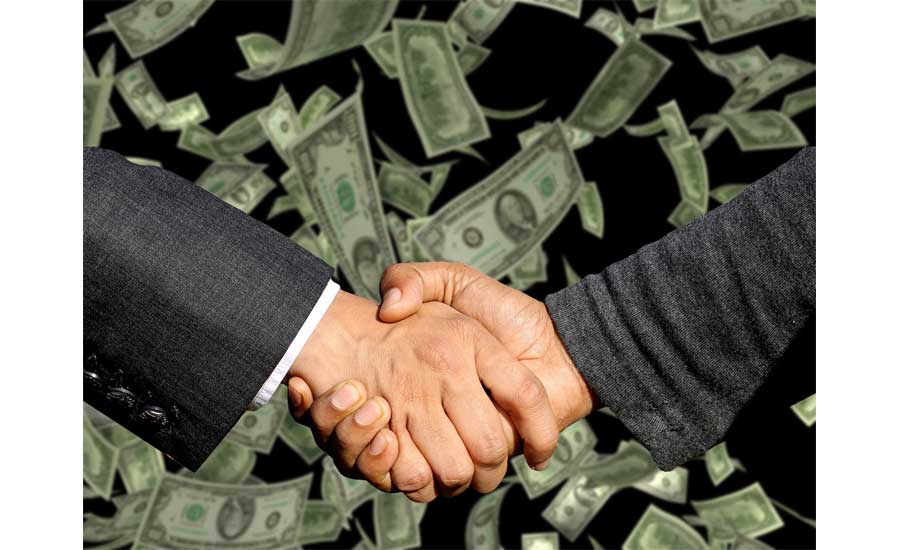When the wheels are turning, you’re making money. That’s the general rule of thumb when you own an HVAC business. And while increasing the number of trucks isn’t the goal, they are necessary tools of the trade. They are a needed depreciating asset.
But when it’s time to sell the business, how are these assets handled?
Most HVAC company deals are asset sales. As the name suggests, it’s a purchase of company assets including inventory, tooling, and company trucks. It also includes non-tangible assets like customer goodwill. Normally the seller is responsible for any outstanding debts and obligations. This could be anything from unpaid taxes to notes on vehicles. With an asset sale, it’s a clean transaction for both parties.
A sale doesn’t relieve the seller of debt, but it does provide the cash to satisfy the obligation at the time of closing.
All of this is documented in detail in the sale agreement. We don’t typically do stock sales, mostly because the buyer would be on the hook for debts and liabilities the business incurred since it was opened. Buyers don’t have that level of risk tolerance and costs to complete the transaction are higher too.
Sale prices for HVAC businesses are mostly driven by profit, so avoid buying that new truck and the debt associated if you plan to sell in two to three years. You will come out much better in the end even if you have an aging fleet of vehicles. Of course, buying new trucks sometimes is unavoidable to keep the business going.
As always, the details are in the negotiation. Both parties can work out what is and isn't included in the transaction.
A Shift in Tax Strategy
As we approach the end of the year, you may be meeting with your accounting advisors. If you were fortunate to have a good year, you’re probably facing a hefty tax bill. One way to mitigate that pain is to use profits to buy more business equipment labeled as a business expense. This could be a new truck. Generally speaking, a sound tax avoidance strategy is to show as little profit as possible.
Clients should pay as much tax as possible if they plan to sell in the next three years. While that might sound counter-intuitive and painful to hear, the advice makes sense. Here’s why. Buyers will pay a two-five times multiple of your profits. So if you maximize profit, you maximize your sale price. In all cases, this far exceeds what you would have paid in taxes.
What Makes the Most Recent Three Years Important?
When buyers evaluate an HVAC company, they will look at past financial performance. It’s understood that any business will have their good and bad years, but it’s the most recent three years that tell the most relevant information. Trends can be spotted and it can be determined with some confidence what the next two years will look like.
It all comes down to confidence. As a seller, focus on doing things that will reduce risk and ease the anxiety of future buyers. The more confidence the buyer has, the more likely the deal will close quickly with minimal headaches for everyone.
It’s important to include your tax advisor, as well as a business broker in your thoughts to exit your company. Both professionals will give you more detailed advice and work together to make sure you keep as much money as you deserve in your pocket.
Submit your own guest content here!











